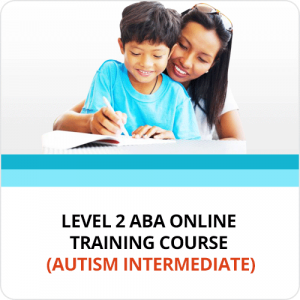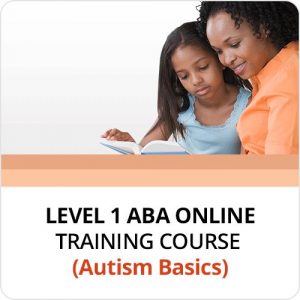Overcoming Prejudice and Isolation
prejudice and isolation are two things parents may encounter when their child is diagnosed with autism spectrum disorder (ASD or autism). Isolation can take the form of:
- Emotional isolation
- Physical isolation
- Social isolation
Even before the diagnosis, parents may feel isolated because of the feeling that something is not quite right in their child plus the difficulty of explaining the situation to others. A period of grief follows the diagnosis along with a range of other emotions/feelings as parents try to cope and come to terms with their situation.
Although children with a diagnosis of autism will often reach motor milestones, such as walking at around the typical age expected in “normal” development, parents are painfully aware of all the other milestones their child does not achieve. In addition, parents find it difficult to talk to other people who do not really understand the unique difficulties and challenges of autism. This pushes parents further into emotional isolation and, eventually, this may turn into physical isolation as they begin to withdraw from others. The multilayered facets and complexity of autism become too hard to explain.
Just getting through each day can be a major challenge for parents. Getting ready to go out can be difficult and stressful, as the child often needs to perform routines and rituals that are time-consuming. Dealing with tantrums and other unusual behaviors while out may be met with disapproval from strangers who may think of the tantrums as a lack of proper discipline. Add to this the sleepless nights and eventually, parents may become too exhausted to even bother going out, which may result in social isolation.
One way in which parents can cope, in general, is to find out as much as they possibly can about autism. However, they may find very little in the resources available to them, which may lead them to go on a quest to investigate and learn theories, approaches, and interventions about autism.
In addition to feelings of isolation, some families may come across prejudice, as there are still taboos on disabilities or differences. Some people fear what they do not understand. Some parents do not want their child to mix with or play with a special child because of fear that some of the behaviors will “rub off” on to their child. Some children with autism get excluded from parties, thus social isolation is compounded.
There can also be prejudice from other parents concerning whether the child should be allowed, or remain, in mainstream education if the child is on the higher end of the autism spectrum. Some are quick to judge that the child should be in a special school away from their children.
Joining a support group where parents can meet and be with others who understand the issues and challenges of autism can be a tremendous relief. This also helps alleviate feelings of isolation. Here, parents can share and exchange stories, help and inform each other about experiences, and provide each other with education, services, and available resources.
According to the National Centre for Biotechnology Information (NCBI), a study conducted by Mandell and Salzer found that only two-thirds of respondents in a survey belong to a support group. Parents of children with self-injurious behavior, sleep problems, and severe language deficits are more likely to belong a group. This shows that there are still a large number of families who may not be referred to a group, but who could greatly benefit from belonging to one.
Reference:
National Centre for Biotechnology Information. Ncbi.nlm.nih.gov. Mandell DS, Salzer MS: Who joins support groups among parents of children with autism? Retrieved March 26, 2011, from http://www.ncbi.nlm.nih.gov/pubmed/17353212
Copyright © by Special Learning Inc. All right reserved.
No part of this article may be reproduced in any manner whatsoever without written permission except in the case of brief quotations embodied in critical articles and reviews. For information, contact Special Learning Inc., at: contact@special-learning.com








